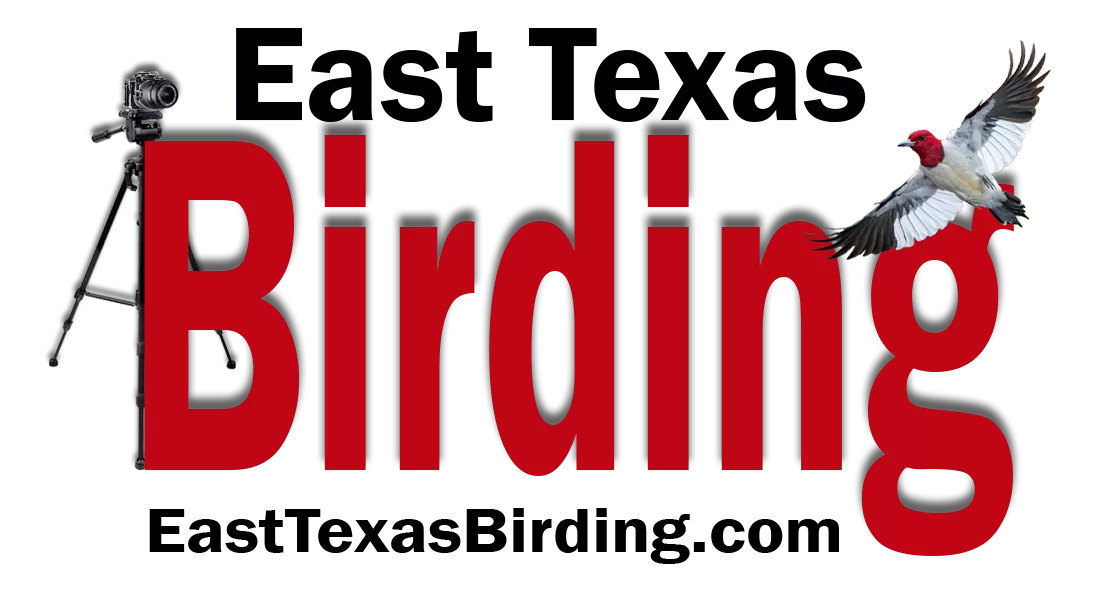Tips for New Birders
Welcome to birding! We hope you enjoy it as much as we do. And welcome to the Northeast Texas Field Ornithologists, a.k.a. NETFO. We’re looking for new members just like you to become an active part of our organization. We offer these tips and suggestions in hopes of making your learning curve shorter and your enjoyment greater.
Suggestions to Help You Get More Out of Our Field Trips
-
Birding is fun, and field trips allow us to share this wonderful outdoor experience. But sometimes our exuberance can scare the birds off and interfere with other people’s enjoyment. So it’s best to be quiet once we’re in the field (or forest, etc.) and keep conversations to a minimum.
-
Respect other birders’ rights. Stay with the group and avoid flushing the birds before others in the group have had an opportunity to see them. Let more experienced birders lead the way.
-
Keep your focus on the field trip leader and the birds you are seeking. Follow the group leader’s cues. He or she may be giving signals about a bird that has been spotted.
-
Since birds can be startled by sudden gestures or pointing, it’s often best to describe the location of birds using landmarks, distances and clock positions.
-
If you haven’t been able to see a particular bird, ask the leader or an experienced birder to help you.
-
Often the leader or other birders in the group will have a scope set up on a tripod for viewing distant birds. Be sure to speak up for your turn at looking through a scope to see the birds. If none of the scopes are set at an appropriate height for you, don’t hesitate to ask for help adjusting the height.
-
Experienced birders generally welcome questions about finding and identifying birds, especially if you use good judgment about when it’s appropriate to ask questions.
-
Enjoy! And always try to keep learning.
General Birding Tips
-
Read and follow the Code of Birding Ethics of the American Birding Association.
-
Scan the trees, fields, water, and sky. Look for motion as well as perched birds. When you spot a bird, look directly at it while raising your binoculars without shifting your eyes. Try to observe as many details as possible. Bring a small notebook to record your sightings and notes about the birds.
-
Listen. Learning how to recognize bird songs and calls is a valuable aid in finding and identifying birds.
-
Avoid actions that could stress or endanger birds while trying to observe them. Keep your distance from nests or young birds. If the birds are reacting to your presence, you are too close.
-
Stay on public parklands, roadways, etc. Ask permission from landowners before entering private property.
-
Respect the privacy of others. Avoid pointing your binoculars at people or their homes.
Bird Identification
-
Learn the locally common birds first.
-
Studying common birds carefully helps you to recognize rare birds when they don’t “look right.”
-
Pay attention to shape, behavior and habitat, not just size and color.
-
Learn multiple field marks to identify a species, and base ID’s on more than one feature.
-
After you’ve studied a bird, refer to a standard field guide to confirm your identification.
Finding Binoculars
-
All About Birds : Binoculars
-
Birding Optics : Binoculars and Scopes
-
Eagle Optics : Binoculars
Additional Resources for New Birders
-
Audubon Online Bird Guide
-
Audubon : Birding Basics / How to Bird
http://audubonbirds.org/categories/Birds/text/how_to_bird.html
-
Audubon : How to Identify Birds
http://audubonbirds.org/categories/Birds/text/identify_birds.html
-
All about Birds : Cornell Online Bird Guide
-
Cornell : Birding Basics
http://www.allaboutbirds.org/NetCommunity/Page.aspx?pid=1200
-
Cornell : Building Bird ID Skills
http://www.allaboutbirds.org/NetCommunity/Page.aspx?pid=1053
-
See NETFO Links page for more resources.
